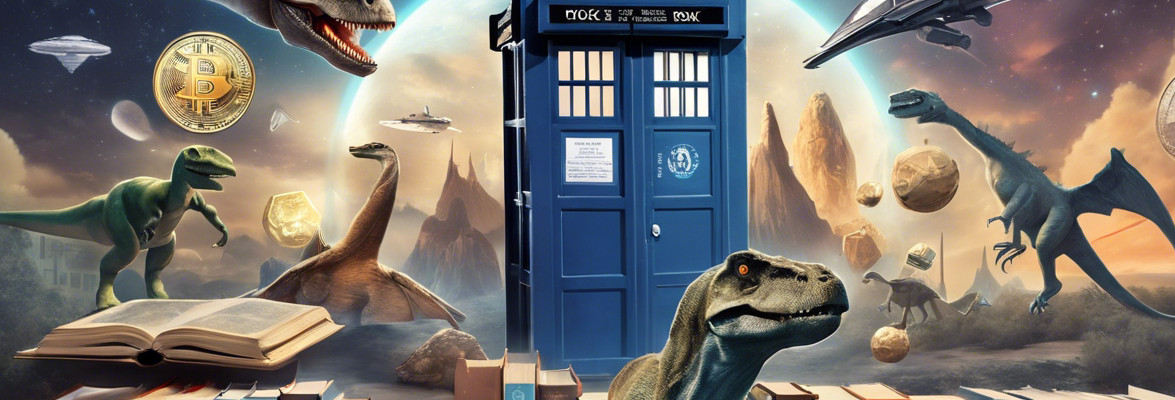
The novel “Eon” by Greg Bear was published for the first time in 1985. It’s the first novel of the cycle of the Way.
In 2000, an asteroid reaches the Earth’s orbit. An international team is sent to investigate it and discover that the asteroid is a sort of giant spaceship that extends more than it could in theory. The “Stone”, as it’s nicknamed, contains a huge number of “chambers” where there are whole habitats and abandoned cities that seem to have been built by humans.
Patricia Vasquez is a young mathematics who’s recruited to help discover the secrets of the Stone. Much of what scientists have been able to understand of its contents is kept secret and Patricia is shocked when the confidential information are disclosed to her. Slowly, she realizes that the Stone was built over a millennium in the future but not their future. In a parallel universe, a nuclear war has devastated the Earth and now there’s the risk that something similar happens in the universe where the Stone arrived.
Greg Bear has often been compared to Arthur C. Clarke. The beginning of “Eon” is reminiscent of “Rendezvous with Rama” but when the Earth’s expedition reaches the starship the two novels totally diverge.
“Rendezvous with Rama” is a novel based on the mystery of an alien starship of which humans are unable to reveal the secrets. Instead, “Eon” is the gradual discovery of the mysteries of the Stone, which are the mysteries of the future but also of alternative universes so Greg Bear’s novel’s development is almost opposite of the Arthur C. Clarke’s one.
“Eon” was written when there was still the Cold War and is set in a future that at that time was near in which it went on. Considering the fact that alternative universes are one of the themes of the novel, reading it now it’s not difficult to think that it takes place in one of those parallel universes.
The exploration of the Stone is carried out by an international expedition but tension between the superpowers is high and especially between the Westerners and the Soviets there’s mistrust so the situation quickly degenerates. The Soviets attack the Stone to take possession of it but their operation is developed in the communist style, with the attackers who end up spending almost more time fighting each than their enemy due to different ideological interpretations.
The first part of “Eon” describes a stage of the exploration of the Stone in an attempt to understand its mysteries, in particular the fact that it’s bigger on the inside than on the outside and the existance of the “Way”, which apparently goes on forever. It’s also the story of the conflict with the Soviets and its consequences on the Stone and on the Earth.
The second part of “Eon” is devoted mainly to the post-humans from an alternative future and there are also aliens. In this part, Greg Bear not only fully develops the themes of the technologies used in the Stone but also the possible development of human beings at their biological level. The author had already explored the theme of a human evolution accelerated by biotechnology and nanotechnology in “Blood Music“, in “Eon” he describes another possible future in which humans have taken control of their biological characteristics.
The post-humans in “Eon” have formed a society called the Hexamon which in many ways remains fragmented and even conflictual, in some ways similar to today’s society. However, the greatest danger for them isn’t the use of violence among the various factions but the war with one of the many species of aliens who have the technology to use the Way.
“Eon” is a hard science fiction novel with a really complex storyline and rich with themes with scientific speculations ranging from physics to biology. There are a lot of characters – humans, post-humans and aliens – so it’s inevitable that only a few of them were developed. As if that’s not enough, the novel ends with a series of twists that create the basis for its sequel.
For those reasons, “Eon” can be unsatisfying for readers who prefer plots that are linear and self-contained that tell stories focused on a few themes. On the contrary, hard science fiction fans who appreciate complex scientific speculations will consider it a fantastic novel. Obviously, I recommend reading it to the latter kind of fans.


Permalink